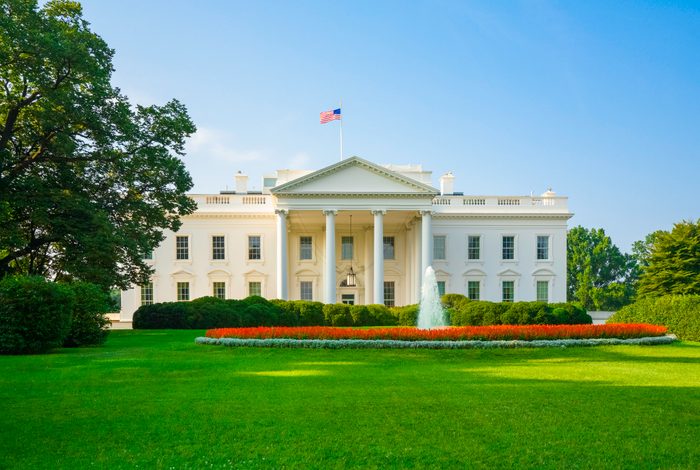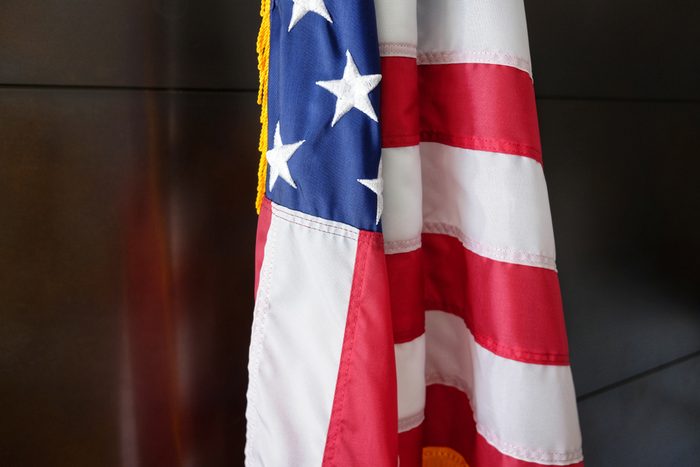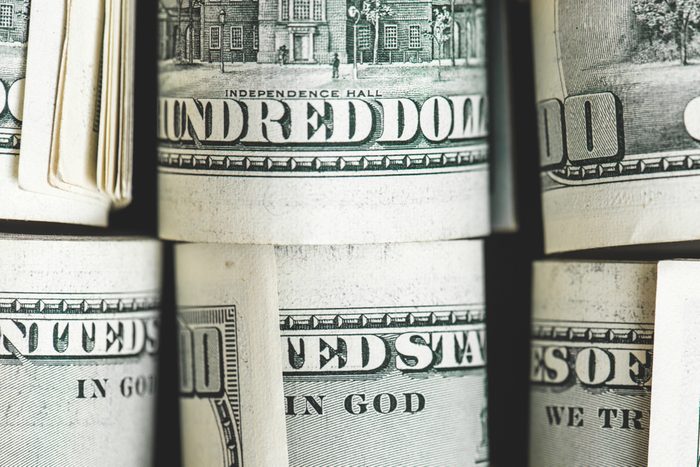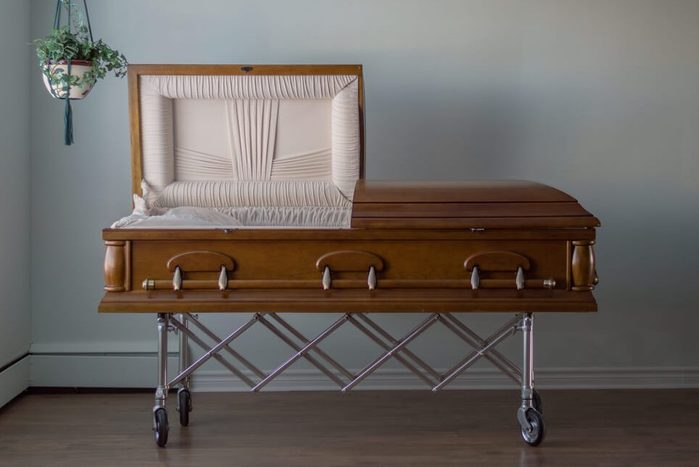
Whether they reside in the White House for four years or eight years, the President of the United States receives a lifetime of benefits that remain in effect even after they leave office. Thanks to the Former Presidents Act passed in 1958, presidents are entitled to a variety of perks that will support them in more ways than one no matter what they decide to do after office. It’s a pretty worthwhile gig if I do say so myself. See how these 13 presidents used their lifetime of benefits with the unlikely jobs they held after leaving office.

Help saying “goodbye”
Leaving the Oval Office for good means going back to “real life,” but that transition will take some time and effort. The federal government allows up to $900,000 to be used for transitioning the former president out and the new president in. The ex-pres might get some of that money in the six months after his term to use when “winding up the affairs in his office.” Don’t miss what happens if a president refuses to leave office.

Big pension paychecks
If you thought the $400,000 salary presidents get every year they’re in office was great, you’ll be blown away by how much former presidents are still entitled to. Every year for the rest of their lives, former commanders in chief get pensions that match the salary of a Cabinet Secretary—about $211,000 in 2018. Presidents’ jobs aren’t all about perks, though. These are 10 everyday things no U.S. president can do while in office.

Office staff
Not only do ex-presidents get pension checks, but they also get to expense the money they use to pay for office staff. When they first leave office, they get up to $150,000 for staffing every year, but after the first 30 months, that number drops to $96,000 per year. But not everything is for free. Learn what the U.S. president has to pay for out of pocket in the White House.

Free office space
The administrator of the U.S. General Services Administration includes former presidents’ office space as part of their budget every year. The administrator can set a cap on how much money is put to that office, but the president gets to pick any U.S. location, which could explain why some are more expensive. In fiscal year 2017, Barack Obama got $84,000 for office space, and Bill Clinton used $511,000 for his. The government provides furnishings and office supplies too. But it’s important to remember they all started somewhere. See the first jobs of all the U.S. presidents.

Secret Service protection
Former presidents will be public figures for the rest of their lives, and they’re entitled to a lifetime of Secret Service protection. Their spouses get the same benefits (unless an ex-spouse remarries), and their kids can get free security until they turn 16. Check out these 11 clever code names the Secret Service has used for U.S. presidents.

Financial security for spouse
Former presidents don’t need to get too stressed out about saving money in case they die before their spouse does. Widows and widowers of ex-presidents still get a $20,000 pension every year, as long as they aren’t holding another federal office job and don’t remarry before age 60. Learn these facts about the White House you probably missed in history class.

Health benefits
Just like any other federal employee, presidents can keep their health benefits through retirement as long as they’ve been with the government for five years or more—in most presidents’ cases, that means serving two terms. Jimmy Carter, for instance, doesn’t qualify, but George H.W. Bush does because of his pre-presidential positions, though he chooses not to take them.

Funeral costs
Early into their presidency, U.S. commanders in chief are given the unsettling task of planning their own funeral. When they do pass away (hopefully long after their time in office ends), they can choose a state funeral to help the nation say goodbye. Don’t miss these other 45 astonishing facts you never knew about U.S. presidents.
Sources
- Congressional Budget Office: “S. 1791 Presidential Allowance Modernization Act 0f 2017”
- U.S. General Services Administration: “Presidential Transition Directory”
- National Archives: “Former Presidents Act”
- Federation of American Scientists: “Allowances and Office Staff for Former Presidents, FY2016-FY2018 Appropriations”
- Congress.gov: “H.R.6620 – Former Presidents Protection Act of 2012”
- Congressional Research Service: “Former Presidents: Pensions, Office Allowances, and Other Federal Benefits”
- The White House Historical Association: “A Presidential Funeral”